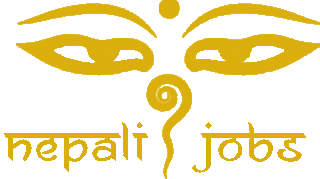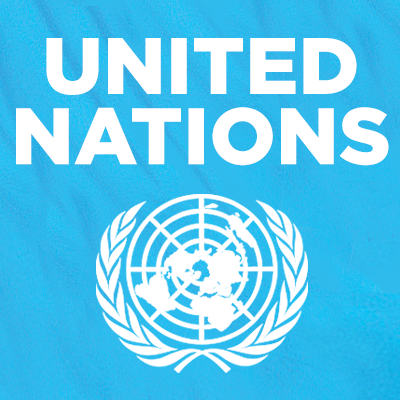How to Get a Job With the United Nations
Whether you want to prevent environmental degradation, help impoverished areas develop their economies, or advance progressive causes, the United Nations may have the ideal job for you. The UN is a huge employer and offers opportunities for advancement and career variety comparable to those found in large private companies. Competition for most positions is fierce, but with a lot of preparation and a little luck, you may land your dream job with the UN.
Step 1 – Preparing to Apply
a) Research career options at the UN. Browse through the United Nations website to get a feel for the different types of work available at the UN. Which areas interest you most? Are there areas you are already qualified for? Are there areas you would like to work in but for which you still need qualifications? Conduct research before starting your job search. Look at the following websites for information:
- The UN Official website (http://careers.un.org)
- UN jobs in Nepal (http://un.org.np/jobs/locals)
- UNDP Jobs in Nepal (http://www.np.undp.org)
- UNICEF Jobs in Nepal (http://unicef.org.np)
b) Decide what staff category you want to pursue. UN careers are divided into different staff categories, each of which require a specific educational background and area of expertise. The categories are further broken down into jobs at different levels that require varying amounts of work experience. Taking into account your skills, interest and experience, decide which category and level is appropriate for you. Here are the options:
- Professional and higher categories (P and D)
- General Service and related categories (G, TC, S, PIA, LT)
- National Professional Officers (NO)
- Field Service (FS)
- Senior Appointments (SG, DSG, USG and ASG)
c) Make sure you have the required education and experience. Each career option has specific education and experience requirements. Before you apply for a job, make sure you have all the prerequisites. If you don’t, your application won’t be considered. Here are common requirements for many positions at the UN:
- Fluency in English or French, the working languages of the organization. Fluency in additional languages, particularly Arabic, Chinese, Spanish, or Russian, is helpful for most positions.
- A bachelor’s degree or higher. Some lower-level generalist positions (mostly clerical or secretarial jobs in the General Service category) require only a high school diploma and, usually, relevant work experience, but most positions in the UN require at least a bachelor’s degree. Many specialist positions require advanced degrees in the area of specialty.
- Work experience in a related field. Depending on the position for which you are applying, you might need anywhere from 1 – 7 years of work experience.
Step 2 – Applying for a Job
a) Browse available jobs. Look at the UN employment website to see current vacancies with organizations in the UN Secretariat. You can use UNjobfinder to search vacancies in all UN organizations. Vacancies are constantly updated, so if you don’t immediately see a position that fits your goals and qualifications, check back often.
b) Register for a “My UN” account. Click on the “Register as a User” option at the top of the UN employment website. You will be required to fill in your name, email, and date of birth, as well as creating a user name and password.
c) Create your “Personal History Profile” (PHP). Once you register you will be prompted to create your PHP. This profile will be your confidential online resume, and includes general information about you, your education, and your employment history. You will only need to complete this once, but you can edit it for different vacancies if you wish.
- You can complete the PHP right away, or come back later. It will take between 30 minutes to one hour to complete, and you can save a partially completed profile at any time and return to finish it.
- Ensure that your PHP is thorough, detailed, accurate, and picture perfect. When you apply for a position, the PHP is the first (and, initially, only) thing the recruiter will see. If you don’t do a good job of representing your qualifications, or if your profile is marred by spelling or grammar mistakes, your application will be passed over.
- You can continue to update your PHP at any time, but make sure it is in perfect condition when you actually apply for a listed vacancy.
d) Select the job for which you’re applying. Be certain you meet all its requirements; if not, either have very good reasons for why the recruiter might overlook whatever is lacking, or don’t apply. The UN website makes it clear that you can apply for as many vacancies as you like, but your credibility will be hurt if you apply for positions for which you are not qualified.
e) Apply for the chosen vacancy by following the online instructions. You will be prompted to submit your most recent version of the PHP, along with any other information required by the particular vacancy. Update the PHP if necessary before submitting your application.
- Provide an e-mail address so that they can acknowledge your application. If you don’t get such acknowledgment within 24 hours, contact them again for confirmation.
f) Wait for an interview invitation. Only candidates selected for an interview will be contacted, and this can take some time. You may check the status of your application in the “Application History” of your “My UN” account. Many positions require that you pass an examination in order to be considered. Follow the instructions given for the specific vacancy for which you are applying.


